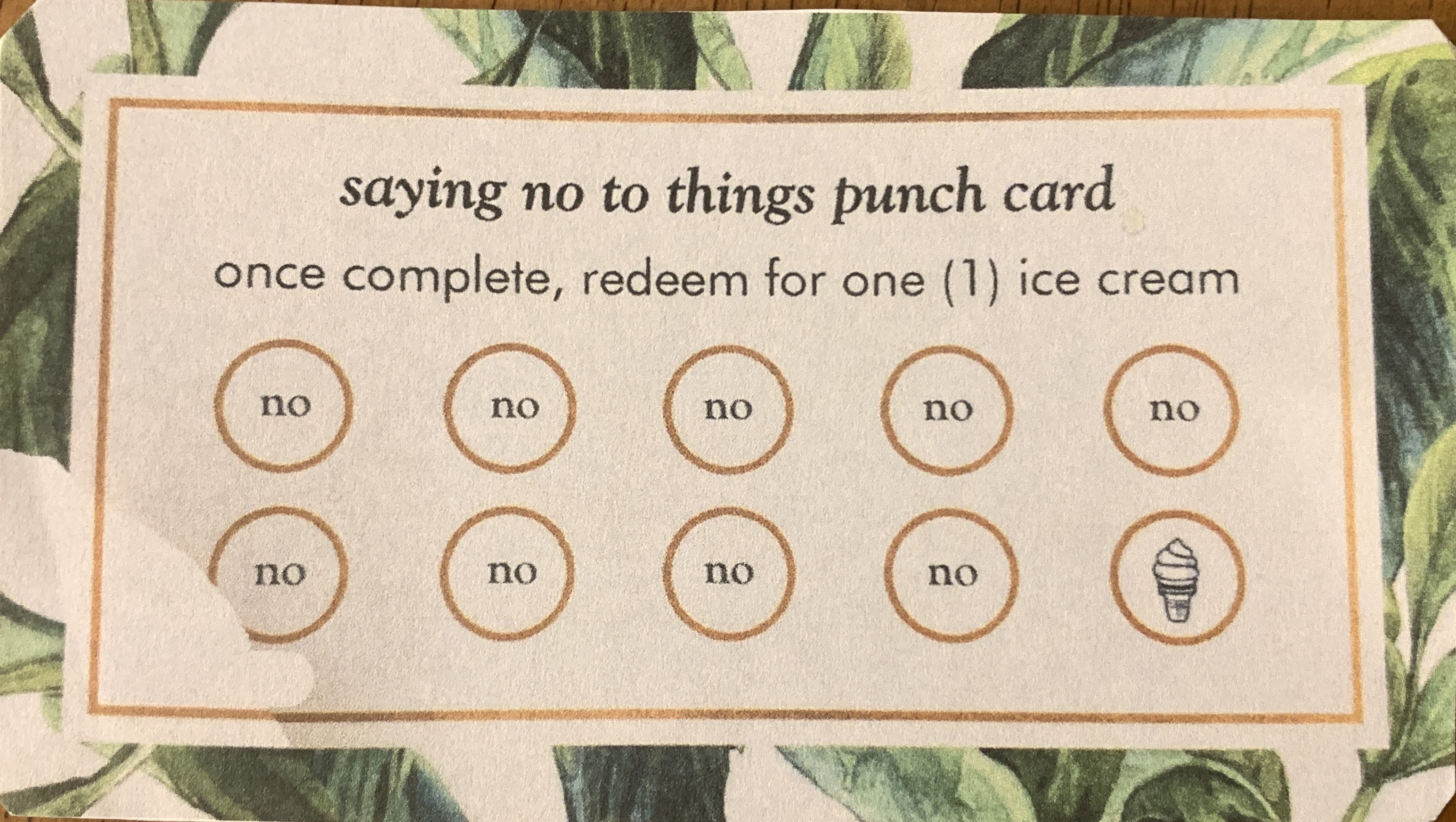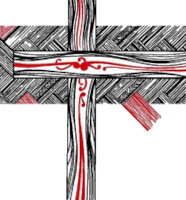Fr Bosco Peters presided and preached at the 11am mass. Our Gospel reading was taken from Luke 13:10–17.
Read on for the sermon and a video of the service.
Service Video
Sermon
When I was vicar of Ellesmere, I was the priest for six churches, and one of them was in Sedgemere – many of you won’t even know where Sedgmere is – way out in the wops.
Sacristan was a woman called Em – very bent over; small in any case; head very close to the floor. Yet set everything up perfectly.
When you got down to her level – she had a beautiful radiant face. She got on really well with children – she was at their level.
Astonishingly, scarily, she would drive around Sedgemere in a huge, classic Vauxhall. You couldn’t see her through the windscreen & basically she drove down the middle of the road. I guess the locals — there weren’t many — just knew this was Em coming down the road & reacted accordingly.
We never had this reading of the bent-over woman in the church in Sedgemere in my time I was vicar there — I often wondered what I would say if it came up. Em, devoutly Christian, would have been fine with this reading. Ultimately, I took her funeral.
In today’s story we have Jesus being castigated for healing this bent-over woman on the Sabbath. Jesus is breaking rules; Jesus is not keeping to the letter of the law. It is too easy to turn this story into yet another anti-semitic, anti-Jewish narrative. You know - the sort of sermon or teaching where people go on as if all of today's Jews are made out to be obsessed by rules.
But in the Gospels, stories like this have a particular rhetorical function as the Jesus movement distinguishes itself in the period of the Second Temple; and even more strongly after the Temple is destroyed in 70AD.
Jesus was about the radicalisation of the interiorisation of the law. Jesus was about finding the core reason behind the rules, underneath the rules, and living these core insights as deeply as possible.
We live in a culture that applauds busyness. “Are you having a busy day?” says the person at the supermarket checkout. “You can rest when you are dead”, says the advertisement for the exercise club.
The sabbath challenges us to be more human being than our culture which focuses on people as human doings. As always when I’m preaching — this is not me, six feet above contradiction, telling you stuff that I’m living perfectly. Jesus’ challenge is as much to me or more so, as it is to each of you.
I have a card here which encourages saying "no" to things. If you say no ten times, you get an ice cream. You might want to have a look at the end to see how many stamps I have on it.

Some of you will know my fascination with Carthusian monks — I’m one of the few people on the planet who has actually been inside a Carthusian monastery. Such a monastery has hermits — called “the fathers” who live in individual sort of two-up-two down town houses. And attached to these is part of the community — other monks, called the brothers, who bring the food and so on that goes through a hatch into each of the fathers’ dwelling.
And the Carthusian saying is: the fathers do nothing and the brothers help them to do this.
Don’t just do something; stand there! We see movements of reaction against our busyness culture — there’s slow food, and other slow movements which push for a cultural shift towards slowing down life’s pace.
In a speech that US President Dwight Eisenhower gave to the Second Assembly of the World Council of Churches, he articulated the insight that what is important is seldom urgent and what is urgent is seldom important. This insight was how he so successfully organized his workload and his priorities.
In our culture, so much of our life can end up focusing on what is urgent and not important — text messages, scrolling through endless nonsense online. One of the causes of depression is people in middle management shuffling endless documents and reports around that they know are urgent and unimportant.
Now think of what is important and not urgent: prayer; planning — maybe long term; relationships; exercise; Sunday Mass. The more time and energy we put into this quadrant — important — not urgent — the more our we will grow in the fullness of life that Jesus wants for us.
Jesus’ radicalisation of the interiorisation of the law is the realisation and the living that the sabbath was made for us — the sabbath is not about finickity details, adding more things onto our To Do list. Jesus is THE human being; not just the human doing.




